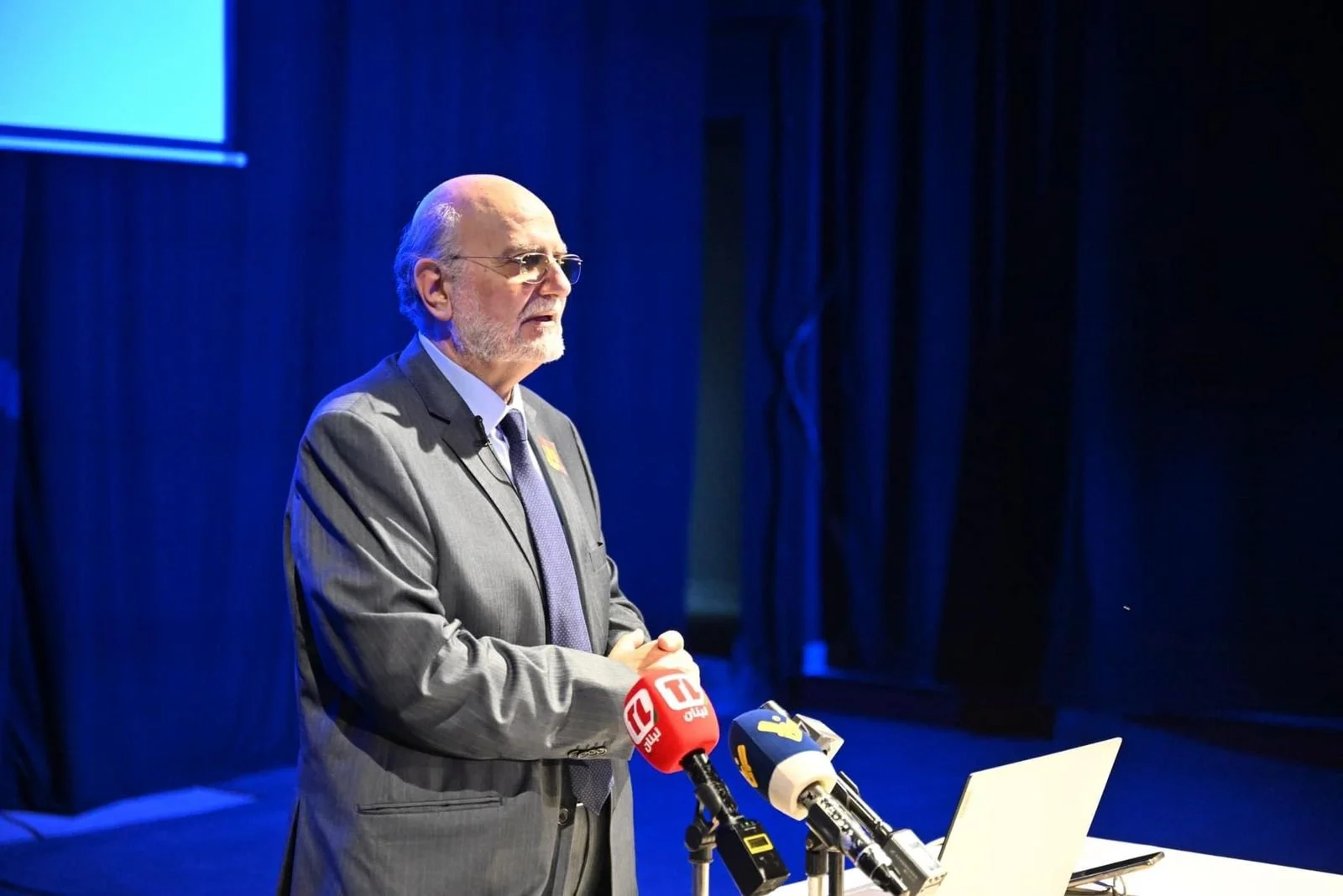The Armenian People Commemorate the 109th Anniversary of the Armenian Genocide
The MECC Secretary General Dr. Michel Abs: If the perpetrators of massacres had been held accountable in an appropriate manner, this would not have been repeated in other parts of the world
On the 109th commemoration of the Armenian Genocide, the Armenian people are still waiting for justice, striving to achieve it and commemorate this event, which constituted a turning point in their history. April 24 is a date that Armenians will never forget... a date that bears witness to massacres committed against a people who have long struggled to preserve their existence. It is true that the Armenians are still experiencing great sadness and pain, but they are deriving their strength and determination to persevere in their faith in Jesus Christ, the world-giver of great mercy.
In commemoration of this painful anniversary, within the activities of the Fiftieth Year of the Founding of the Middle East Council of Churches (MECC), and under the auspices of His Beatitude Patriarch Raphaël Bedros XXI Minassian, Catholicos Patriarch of the Armenian Catholic Church of Cilicia, and President of the Middle East Council of Churches for the Catholic Family, MECC held a conference entitled “Keeping Memory Alive,” about the Armenian Genocide, on Monday 22 April 2024, at the Theatre of the Armenian Catholic Patriarchate in Geitaoui, Lebanon.
The conference which was followed by a speech by His Beatitude Patriarch Minassian, was delivered by the Secretary General of the Middle East Council of Churches Dr. Michel Abs who presented a historical and geopolitical overview of the era in which the Armenian Genocide occurred, in addition to the facts of these crimes and their repercussions.
However, Dr. Abs did not only present his study, but also made conclusions that might open new horizons and future aspirations regarding the Armenian issue and all the massacres that were committed. In this context, Dr. Abs asked: “Life is a story and a lesson! What are the lessons from the story of the genocide of the Armenians and their neighbors from Anatolia to Urmia?” He mentioned that, “The magic word is accountability! In our case, it is also called: impunity.”
Thus, Dr. Abs said, “If the perpetrators of massacres had been held accountable in an appropriate manner, this would not have been repeated in other parts of the world, the latest of which is Gaza. Accountability is both moral and material, and results lessons for all the humanity. Every creature is responsible for what his or her hands have committed - this is the basic rule that prevents the universe to turn into a jungle without control, and this is the state of the world today. This must be accompanied by all forms of awareness programs on openness and dialogue, but that does not prevent an arrogant and reckless tyrant from dragging his people and other peoples to destruction. The problem in humanity today is that the strong is the oppressor and not the one who protects justice and secures peace.”
Dr. Abs also mentioned that, “We do not know what the Armenians and the slaughtered peoples know, and the increasing numbers of countries, institutions, and individuals who acknowledge genocide are evidence of that.” He continued, "However, out of concern for the rights of these peoples, it is necessary to emphasize the following matters: continuing advocacy and pressure internationally in order to secure the recognition of the genocide; urging all groups that were subjected to genocide to establish international institutions to demand their rights; incorporating all these institutions into an international consortium working to recognize and restore rights; documenting lost rights, from assassination and torture, to confiscation of property, as much as possible in order to use them in international lawsuits, knowing that there is no time period for such actions; and organizing all kinds of events in order to shed light on the phenomenon of genocide and its derivatives.”
Hence, and based on this conference, citizens might ask many questions, most notably: How long will a criminal remain free on the streets? Are there international efforts and plans being implemented to preserve human rights and preserve human dignity?

